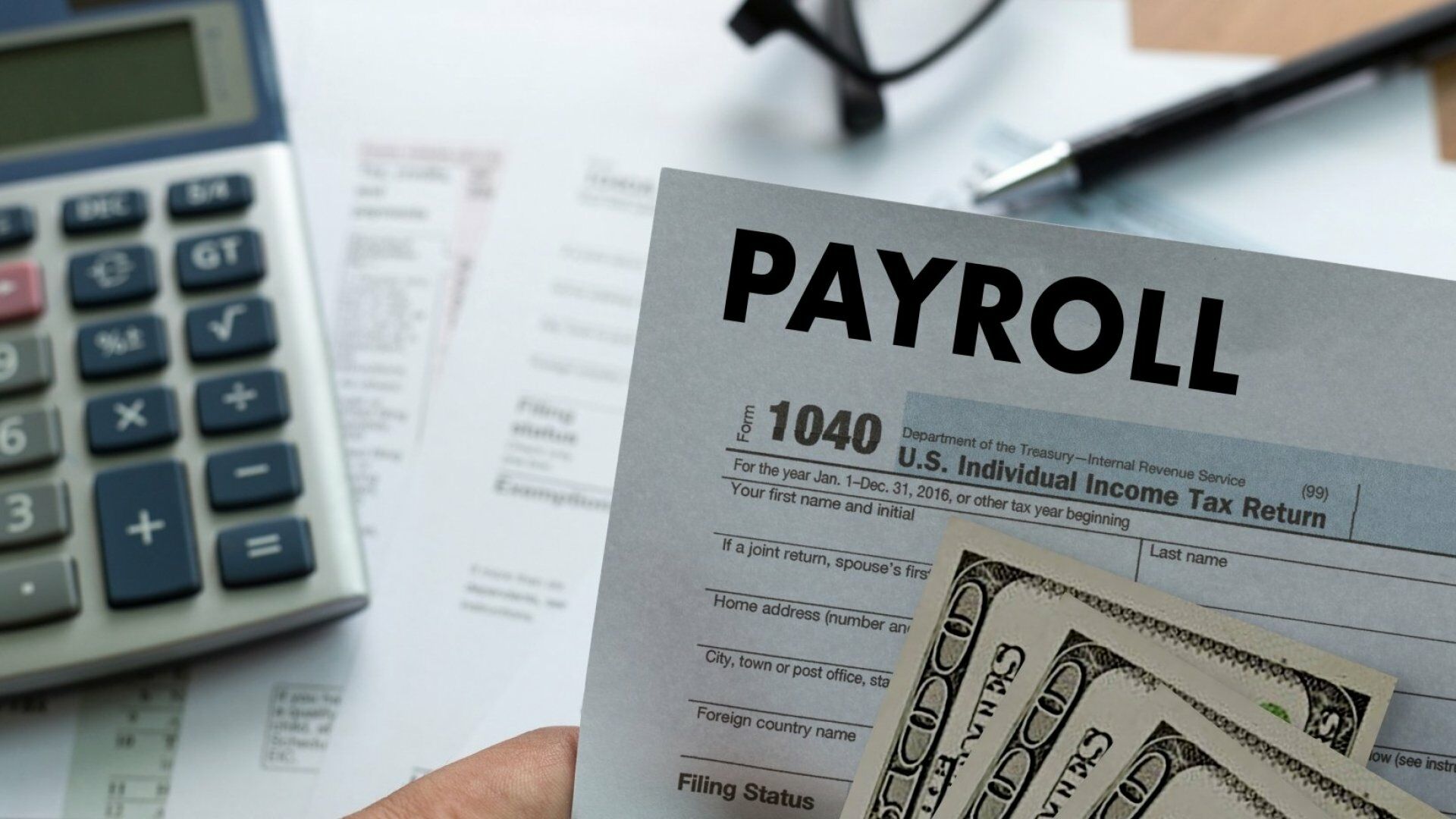Thai government delays wage hike: Minimum muddle continues

The Thai government has postponed the anticipated increase in minimum daily wage to 400 baht. The rise was initially set to take effect on Labour Day but the government will now await the outcome of a tripartite committee meeting on May 14.
Karom Polpornklang, the deputy government spokesperson, confirmed yesterday that the wage increase would not start on May 1. He asserts that the wage boost must first receive approval at the 22nd tripartite wage committee meeting, scheduled for May 14.
Karom emphasised that all significant plans and implementation of a daily wage increase are subject to the tripartite committee’s approval during their monthly meetings. The meeting on May 14 is expected to offer detailed insight into the practical implementation of the 400-baht daily rate.
The government spokesperson also noted that Labour Minister Pipat Ratchakitprakarn will not partake in the wage rise decision, as such involvement could be perceived as political interference. Pipat can only advise in the decision-making process, Karom clarified.
“The government has always prioritised the welfare of workers. They contribute significantly to the country’s development, and it is the government’s fundamental duty to look after them.”
Karom further explained the government’s policy on the minimum wage.
“A negotiation among the three parties, the workers, employers, and the government, must be conducted through the wage committee before any rate adjustment can proceed. The panel will determine the most effective way to implement the new wage promptly, keeping the 400-baht goal in mind.”
The labour minister had previously reported that the new minimum wage, initially announced as a Labour Day gift, would not be immediately implemented. Pipat clarified that the announcement was merely setting a target to achieve, hoping that the wage increase would occur within this year, ideally by October 1, reported Bangkok Post.
“I believe that it is now a suitable time to raise the wage as the prices of goods have escalated with no end in sight. Consequently, when consumer prices have risen, we need to show compassion towards workers and increase their wages.”
Pipat added that as consumer price increases affect all provinces equally, including Bangkok, it is only fair that the minimum wage is raised uniformly across the nation.
ORIGINAL STORY: Thailand government plans to raise minimum wage to 400 baht
Labour Minister Phiphat Ratchakitprakarn unveiled yesterday that the Government of Thailand has assembled a series of fresh employment benefits set to be introduced on May 1, International Workers’ Day. The most notable of these is a proposal to elevate the minimum wage to 400 baht across the nation.
The new minimum wage rate of 400 baht has already received the green light from the tripartite wage committee, which comprises representatives from the government, employers and employees. Phiphat disclosed this as one of several unexpected presents that the government aims to finalise by May Day.
He added that another perk in the pipeline is the extension of a soft loan programme, currently available to freelance and self-employed workers, which is set to conclude next Tuesday.
Over one million workers have been offered loans under this scheme, and though there are still funds allocated for it, it is likely to be extended further. Phiphat noted that the loan is interest-free for the initial two years, with a modest interest rate of only 2% being applied from the third year onwards.
A potential May Day bonus could be the ratification of two International Labour Organisation (ILO) conventions. Conventions No.87 and No.98 focus on Freedom of Association and Protection of the Right to Organise and the Right to Organise and Collective Bargaining, respectively.
These two ILO conventions are currently under review by the Labour Welfare and Protection tripartite panel, before moving on to the Cabinet, Council of State, House of Representatives and Senate for approval between June and September.
ILO conventions
Phiphat revealed that while the employer side of the tripartite committee largely opposes ILO Convention No.87, they support Convention No.98.
The committee, however, has in principle agreed to both ILO conventions. This is a positive shift that Phiphat, in his 30 years of advocating for their ratification, has not seen before. He voiced his support for the conventions.
“That’s a good start, isn’t it? I personally support both of them [ILO conventions].”
The labour minister also suggested that ILO conventions No.144 on Tripartite Consultation (International Labour Standards) and No.155 on Occupational Safety and Health could offer more advantages for workers, reported Bangkok Post.
“These two ILO conventions are expected to be approved by the tripartite committee ahead of the ILO’s scheduled June 11 to 15 gathering in Geneva, Switzerland.”
Latest Thailand News
Follow The Thaiger on Google News:


























